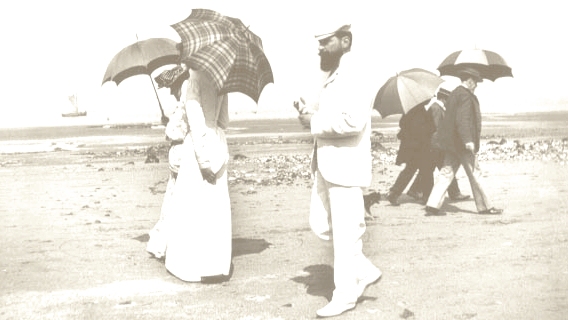a novel
by Joyce Carol Oates
"Claudine, though veiled, managed to eat and drink without difficulty. There was the ancient solace of food. Mother-and-child, mother-and-food. Mother providing food to her son. Claudine hadn't much liked being a mother but she'd enjoyed certain of the rituals, and the respect and deference that came with them."p.98
-
"He picked more daisies, and clumps of buttercups. These were small golden flowers he guessed were buttercups. In a ditch he discovered a pale anemone-like flower that reminded him of the red-haird girl's complextion, naturally he tore these up by the roots. In a trunk of his car was a glass quart jar which he filled with water from the ditch, and in this he crammed as many wild flowers as he could. A large, ungainly bouquet. As many as one hundred flowers. His heart beat rapidly and with an absurd hope."p.101
[typographical errors verbatim]
-
Who edited this book?"There followed then several minutes of perspiring ingenuity as Dirk Burnaby struggled with a fork, a paring knife, and an ice pick to wrestle the first bottle of Dom Perignon open; for of course, as he might have foreseen, Ariah had no corkscrew in her kitchen."p.105
-
What a responsibility that would be - and even the assigning of the responsibility a weighty matter. The second quoted passage is inspired, vivid, and flawed terribly by the two mis-spellings and that misplaced article. The third passage is a ponder.
In the 1950's were champagne corks not held on by little wire baskets? I can't comfortably imagine the problems of opening a bottle of champagne with a corkscrew, especially in the context of a passionate declaration of love and a proposal of marriage.
Ms. Oates I'm surmising has never herself opened a bottle of champagne; alright, that's what editors are employed to do, sort these things out.
The mis-spellings though. My not inappreciable experience has been that typos cluster generally in the last quarter of poorly-edited books. Not quite at the end, but safely, inconspicuously, far past the middle. It's an ill-paid task I'm imagining, and the money's in quick turn-around. These are in the first hundred pages.
But this is one of the most important writers working today. The respect she has within her art is immeasurable. It's only from outside, in the snarling competitive pits of journalism and academia, that her mastery's questioned and her depth sometimes ignored.
So you'd think the choosing of her editors and/or proofreaders would itself be a serious task, and an honor; unless the publishing company was immune to the status of its authors, outside its effect on their bankability.
-
The second two passages are there to illustrate my point; the first passage is there because it's so fine.
The love scene the quoted pages lead up to is wonderfully alive and tender, and perfectly human; that's always been Oates' genius - to accurately portray the human moment with a degree of apt detail that's astonishing, afterward. During it's hypnotic.
The copy I'm reading was published by HarperCollins - which is now owned by the profoundly anti-literate Rupert Murdoch - so the shoddy editing is more than likely to have been a consequence of the grasping venal hierarchy Murdoch establishes wherever he goes.



